Country Life's best, worst and funniest adverts of 1923, from Burberry and thinning baths to the SUV of a century ago
From telephone-equipped hotel rooms to cars ‘for lady drivers’, the advertisements featured in Country Life in 1923 captured Britain’s evolution as well as the odd quack remedy. Melanie Bryan takes a look.

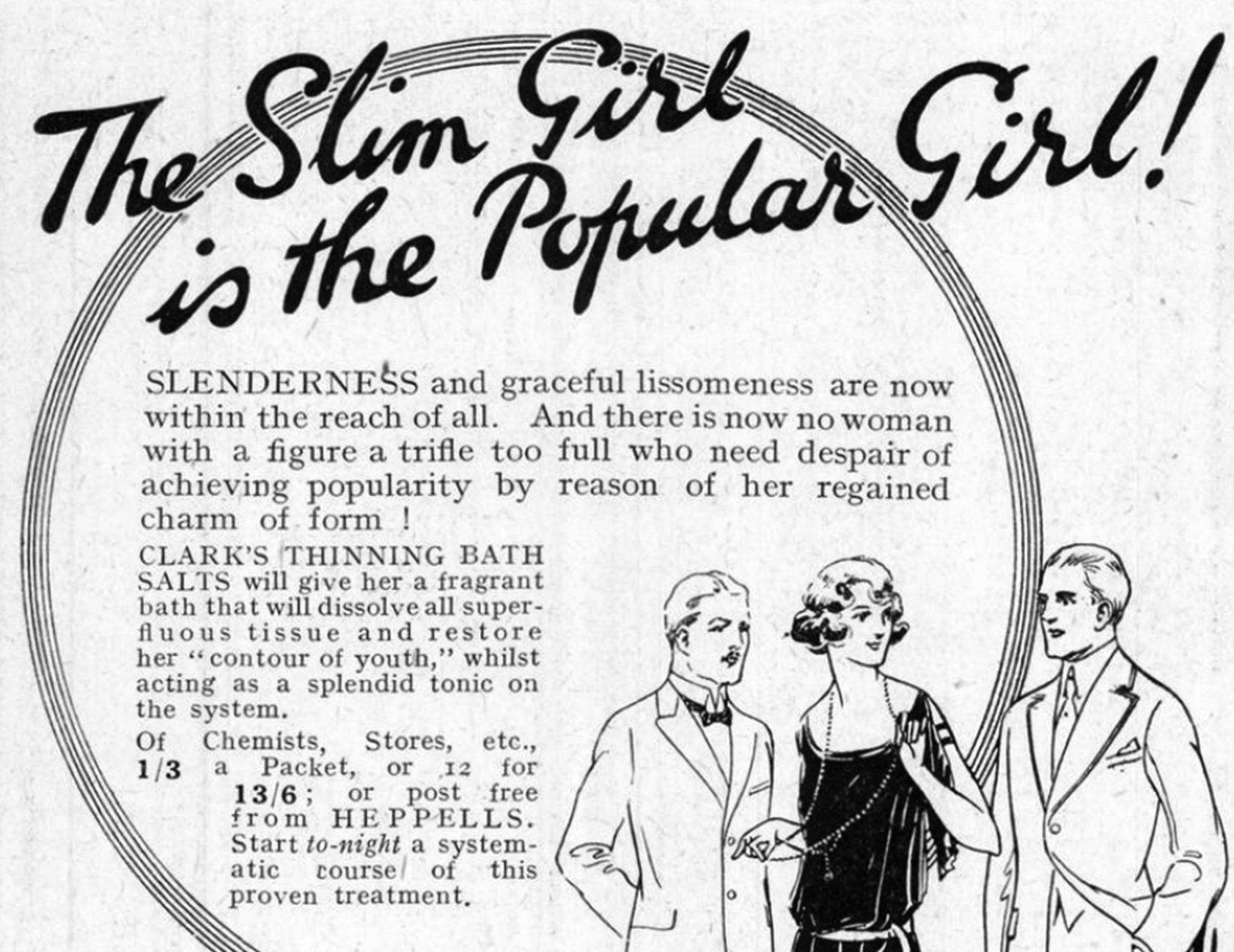
A journey back in time to Britain in 1923 shows a country beginning to change rapidly after the horrors of the ‘war to end all wars’. The BBC, formed at the end of 1922, dominated the headlines, becoming the first to broadcast live from cities and towns as far apart as Aberdeen and Bournemouth. The granting of equal rights made it possible for women to divorce men and, in science, John Macleod and Frederick Banting won the Nobel Prize for the discovery of insulin.
All progress, indeed, but glancing through the adverts carried in Country Life for the same year reveals a more intimate story of how the nation was advancing (or, in some cases, needed to advance quite a bit further).
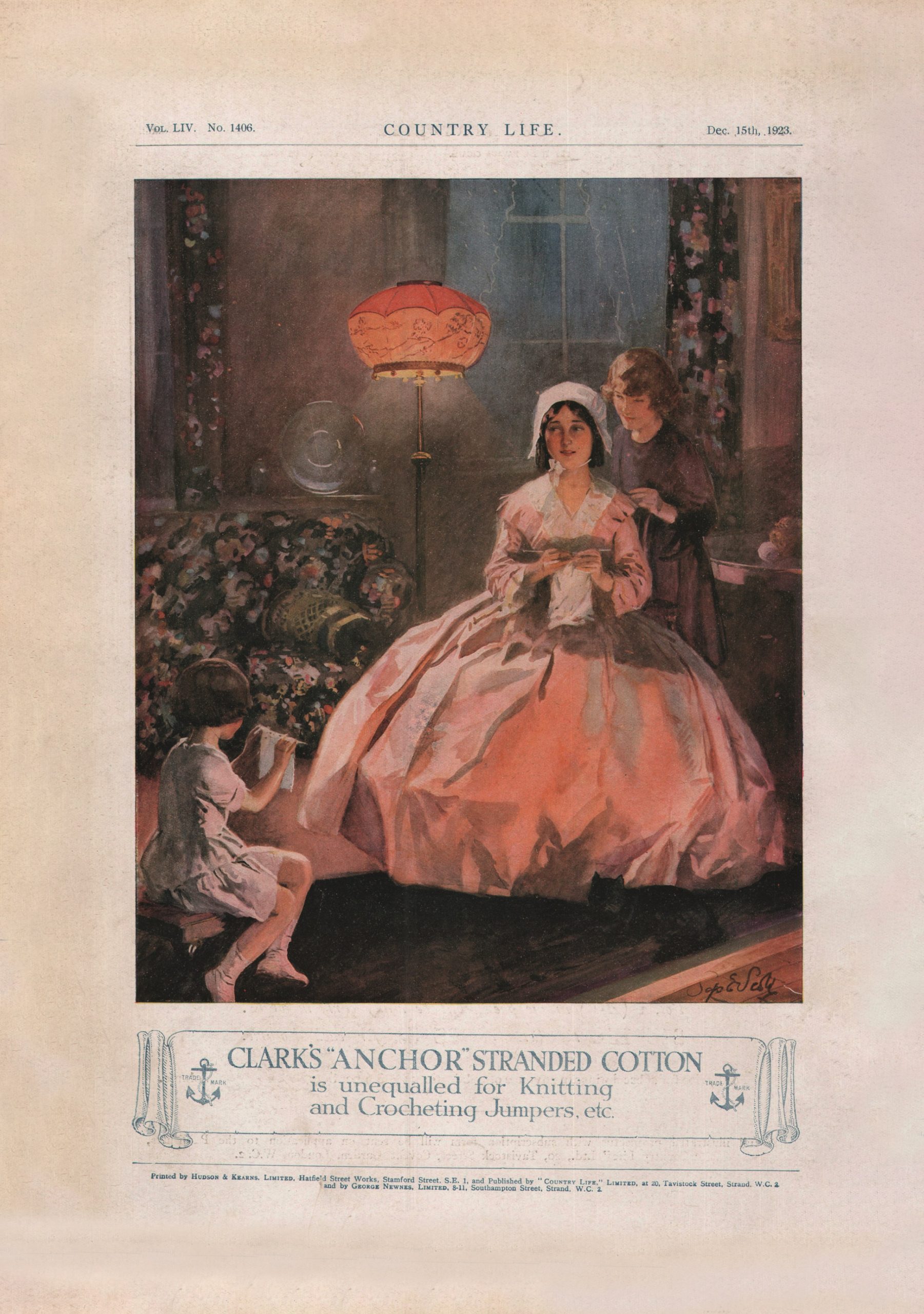
Possibly the most alarming product to be promoted in the magazine was Clarks Thinning Bath Salts, which made a regular appearance throughout 1923. A sachet of the magical salts in your bath would ensure that ‘all superfluous fat is dissolved through the pores of the skin’. How an inanimate object managed to determine what was necessary and what was superfluous fat will forever remain a mystery (but, oh, how I wish dieting could be this easy). The packets had the unequivocal ‘Clarks’ Salts for Fat People’ emblazoned on the front.
If, however, you only suffered from corpulence in one part of your body, Clark’s Reducing Paste — which promised to eliminate only ‘unnatural fat’ — was recommended, promising as it did to leave the user with one of a woman’s chief attractions: dainty ankles.
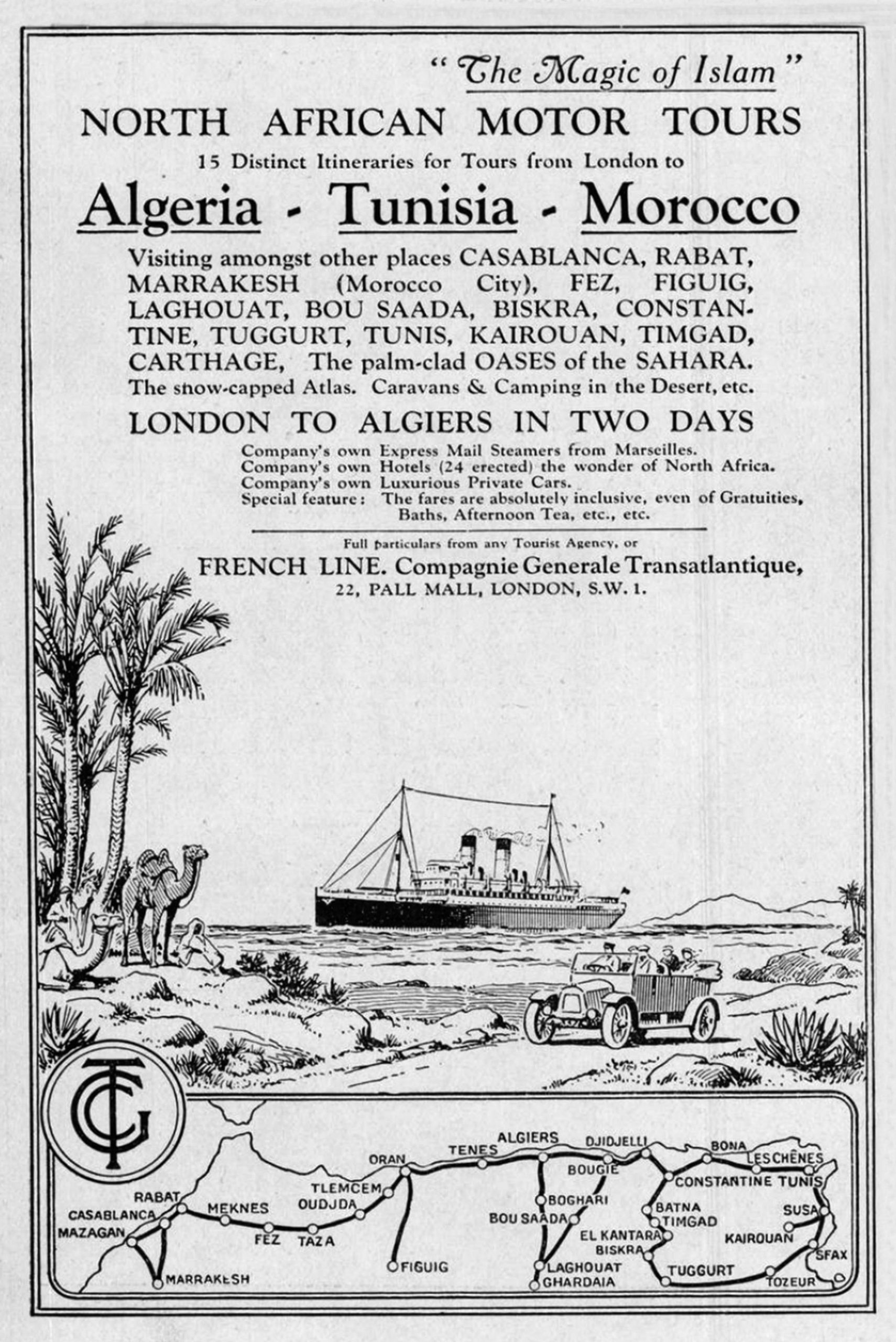
Not that Parliament at the time seemed too bothered by these or any other audacious claims. The only reference to advertising in Hansards for that year was a debate in the Lords on a minor amendment to the Advertisements Regulation Bill, where the noble Lords debated whether to allow ‘Advertisements by means of smoke’, which would appear to be an attempt to quash a tabloid newspaper’s jolly wheeze of sky-writing messages using redundant First World War flying aces.
Liberal peer Lord Buckmaster had tabled the bill the previous year, after objecting to the lofty method of promotion: ‘The sky is already sufficiently polluted… without adding to it the fumes of the Daily Mail, and the prospect of the noble Viscount Lord Rothermere, bawling and shouting across the sky, not in letters of fire, but in letters of smoke, “Hats off to France” or “Business as usual” or “Bonar Law must go because he will not do what I want” is a prospect which no reasonable being could tolerate for a minute.’
After much amusing to-ing and fro-ing, the amendment passed 81 to 32, grounding the magnificent men in their flying machines, but leaving the outrageous claims of Clarks and its bath salts to continue for another year.
Exquisite houses, the beauty of Nature, and how to get the most from your life, straight to your inbox.
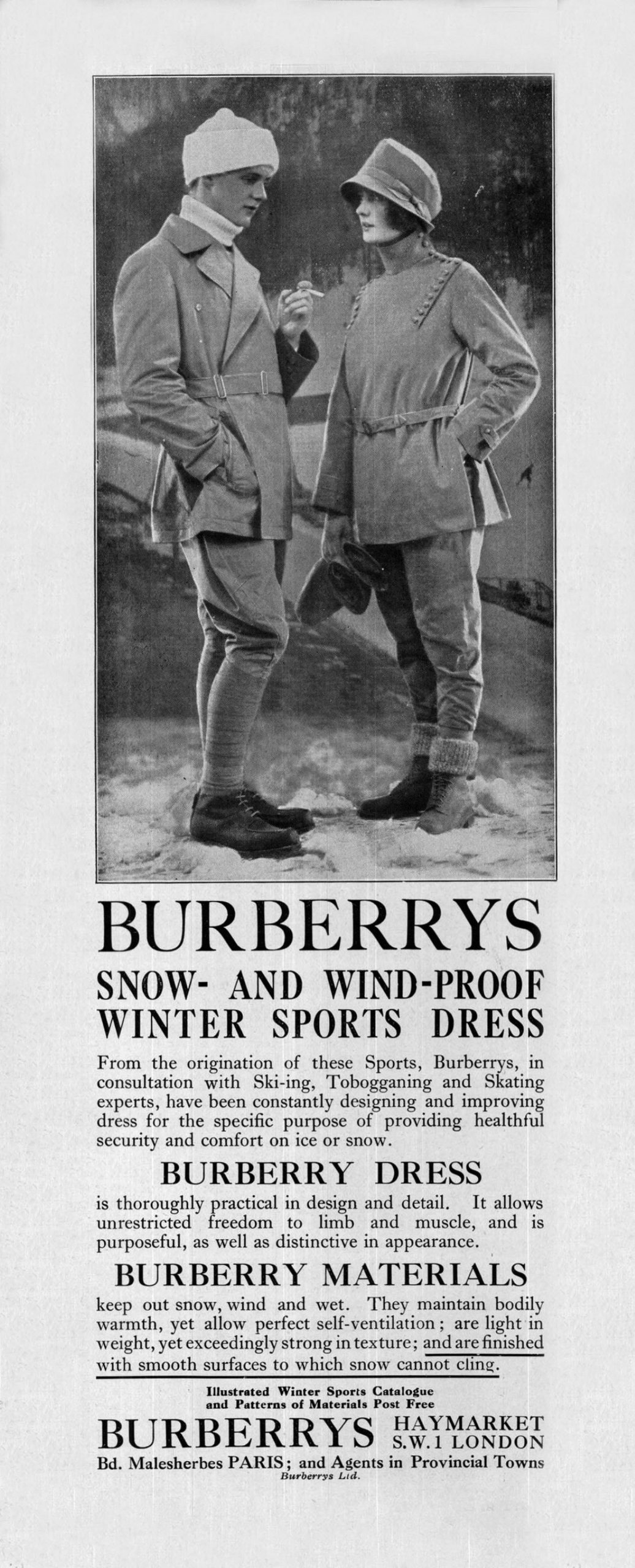
Back to the pages of Country Life, where the effects of the war on society and the severely depleted labour market were clear for all to see. Country Life’s Books for Christmas included titles such as: The Servantless House; and how to equip it; Dainty Dishes from Odds and Ends; Mending Everything; Covering Everything, and Home-Brewed Wines, penned by the presumably fictitious A. Amateur. We can at least hope some merriment ensued from the latter publication.
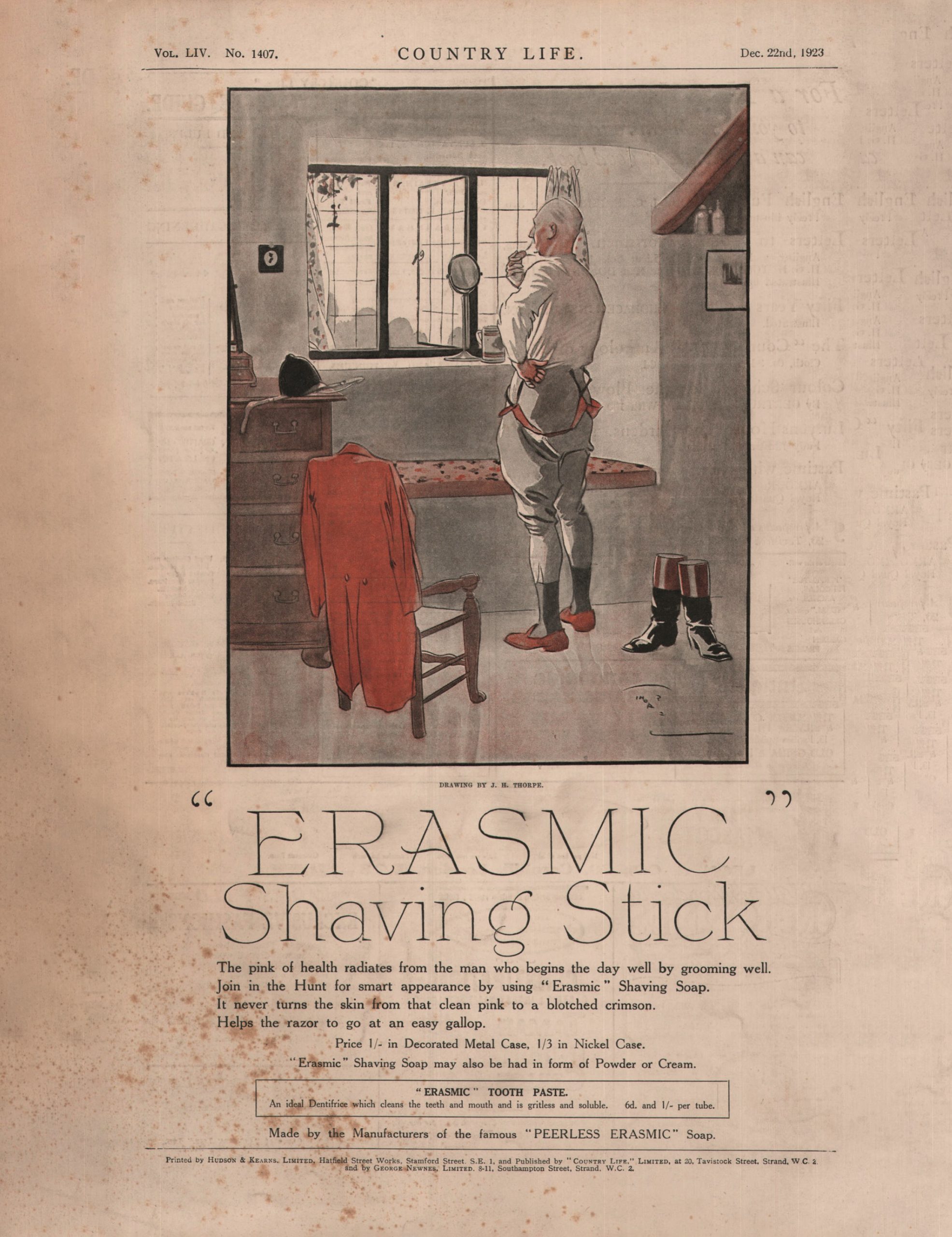
However, it was not all gloom. Adverts for hotels in the August 11 edition of the magazine screamed of new luxuries. The Waldorf sought to entice prospective visitors with the lure of ‘a telephone in every room’, the Queen’s Hotel in Aberystwyth proudly declared it had garaging for 60 cars and the Buxton Hydro boasted of its hydropathic and electric baths — the hot tubs of their day.
For thrill-seekers, trips deemed adventurous even by today’s standards were advertised aplenty, including one offered by the Compagnie Générale Transatlantique, which promised The Magic of Islam on a motor tour through Algeria, Tunisia and Morocco, complete with afternoon tea. The drawing that accompanied the advert features a chauffeur-driven cabriolet setting off through the desert with all the ease of a charabanc day trip from Bognor Pier.
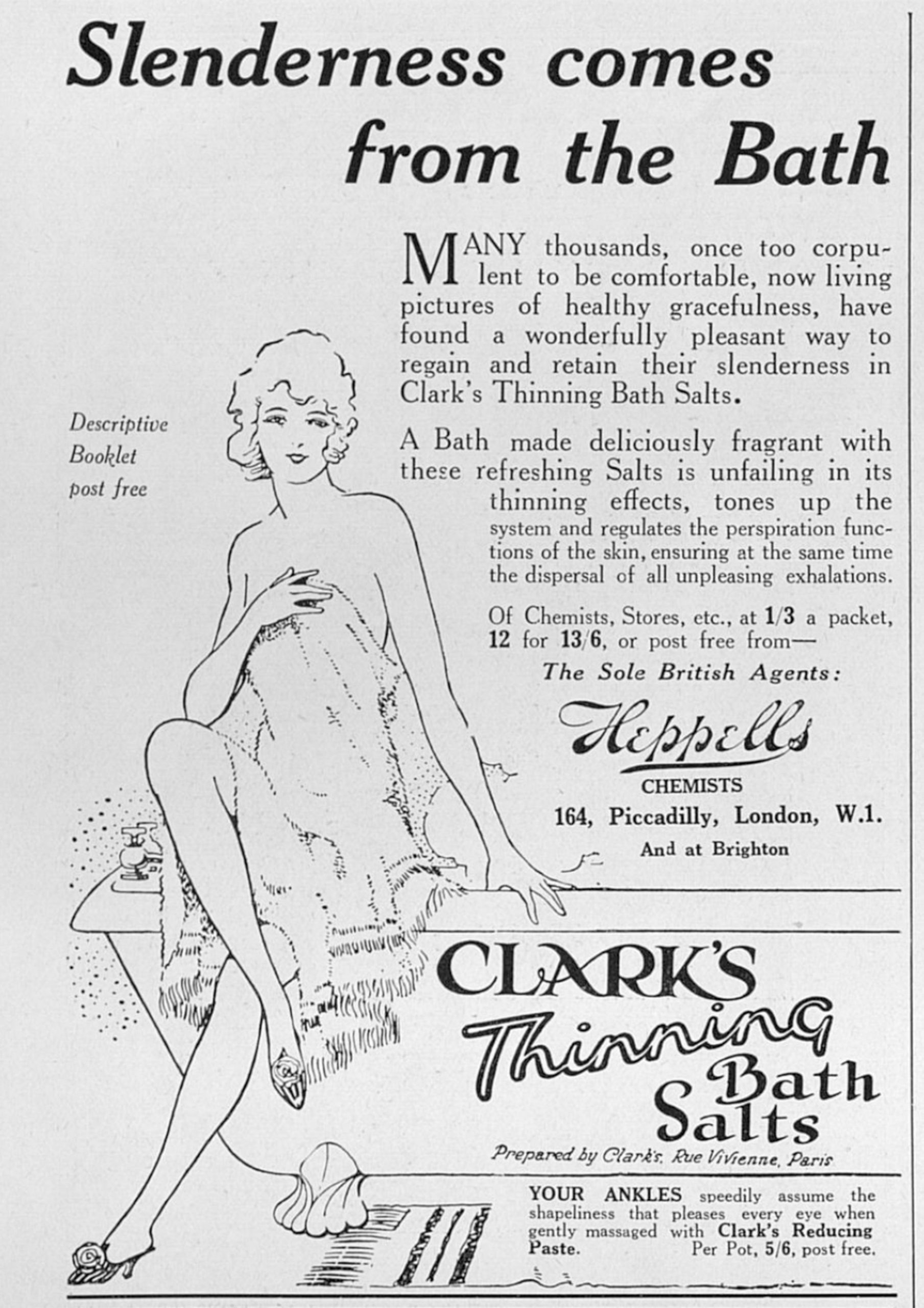
In the Golden Age of the motorcar, the SUV of its day — the Rhode Occasional Four — was marketed in Country Life as the ‘ideal car for the Lady-driver’. It proclaimed its owner would be able to ‘pack’ two, three or even four children under its capacious hood in order to transport them to school.
Advertised the same year was a device called the ‘motor dictograph’, described as a loud-speaking car telephone that promised to do away with the ‘germ-laden speaking tube’. One can only presume it was a way of the driver communicating with the people in the back seat.

Almost as fashionable as cars were remarkably Alpine-esque garments, often promoted by familiar brands still operating today. Aquascutum proudly advertised its ‘snow-shedding sports suits’ and Burberrys its distinctly stylish snow- and wind-proof sports dress for both men and women.
Less likely to gain modern favour was the Ladies’ Woollen Ski-ing Outfit offered by Gamages department store in Holborn, London. Comprising a knitted sweater, skirt, knickers, cap and leggings, the extremely stylish get-up was presumably soaking, heavy and sagging after a lady’s first fall into the powder.

Of course, Country Life wouldn’t be Country Life without its adverts for magnificent properties for sale — a partnership as strong today as it was in 1923. That year saw many great country houses up for sale, but perhaps the most delightful was a more modest home marketed by the marvellously named Theodosius and Pickersgill in Newbury, Berkshire.
Described as a ‘Gentleman’s genuine Elizabethan residence and pleasure farm’, it comprised two reception rooms, five bedrooms, bathroom, garage, stabling, farm buildings and more than 50 acres. The price? £5,500. Who said progress is always good?
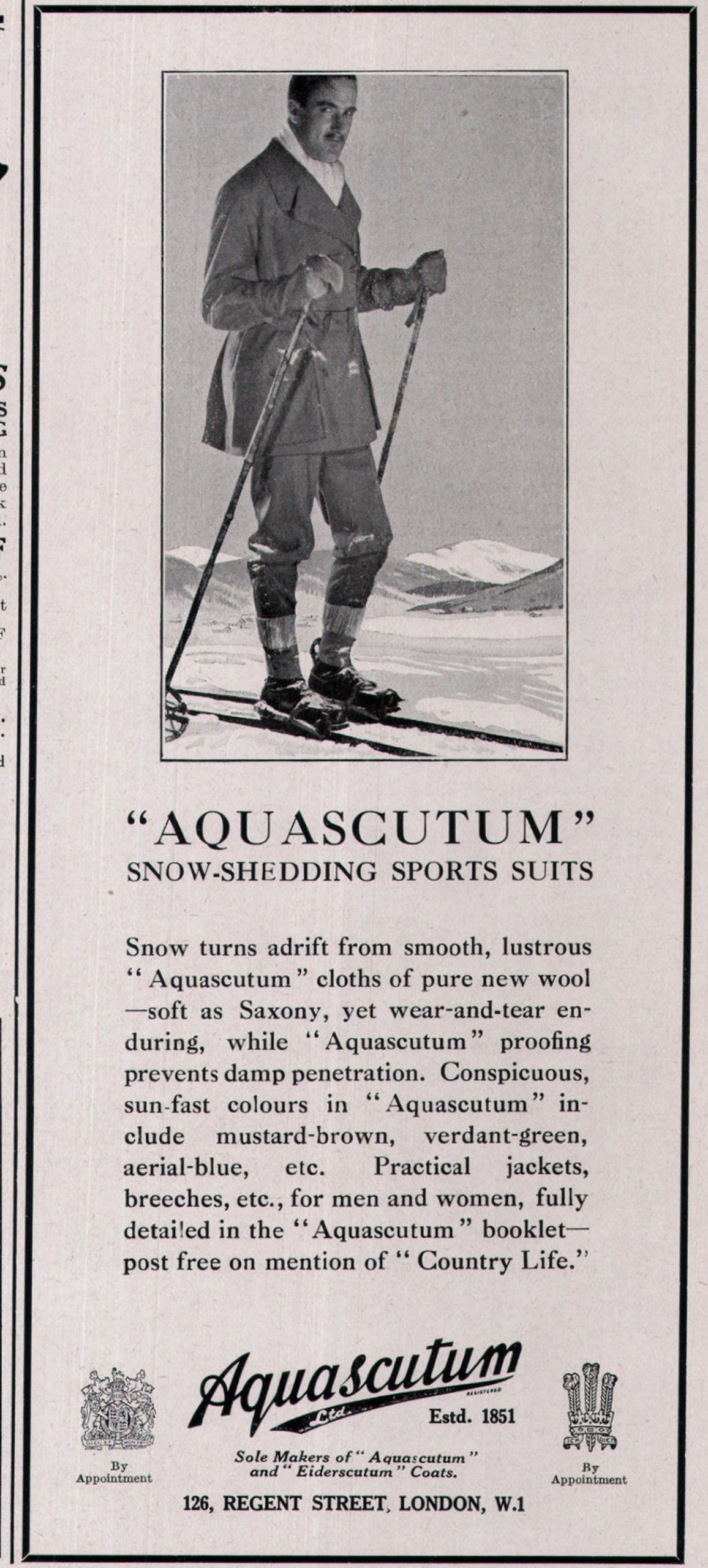
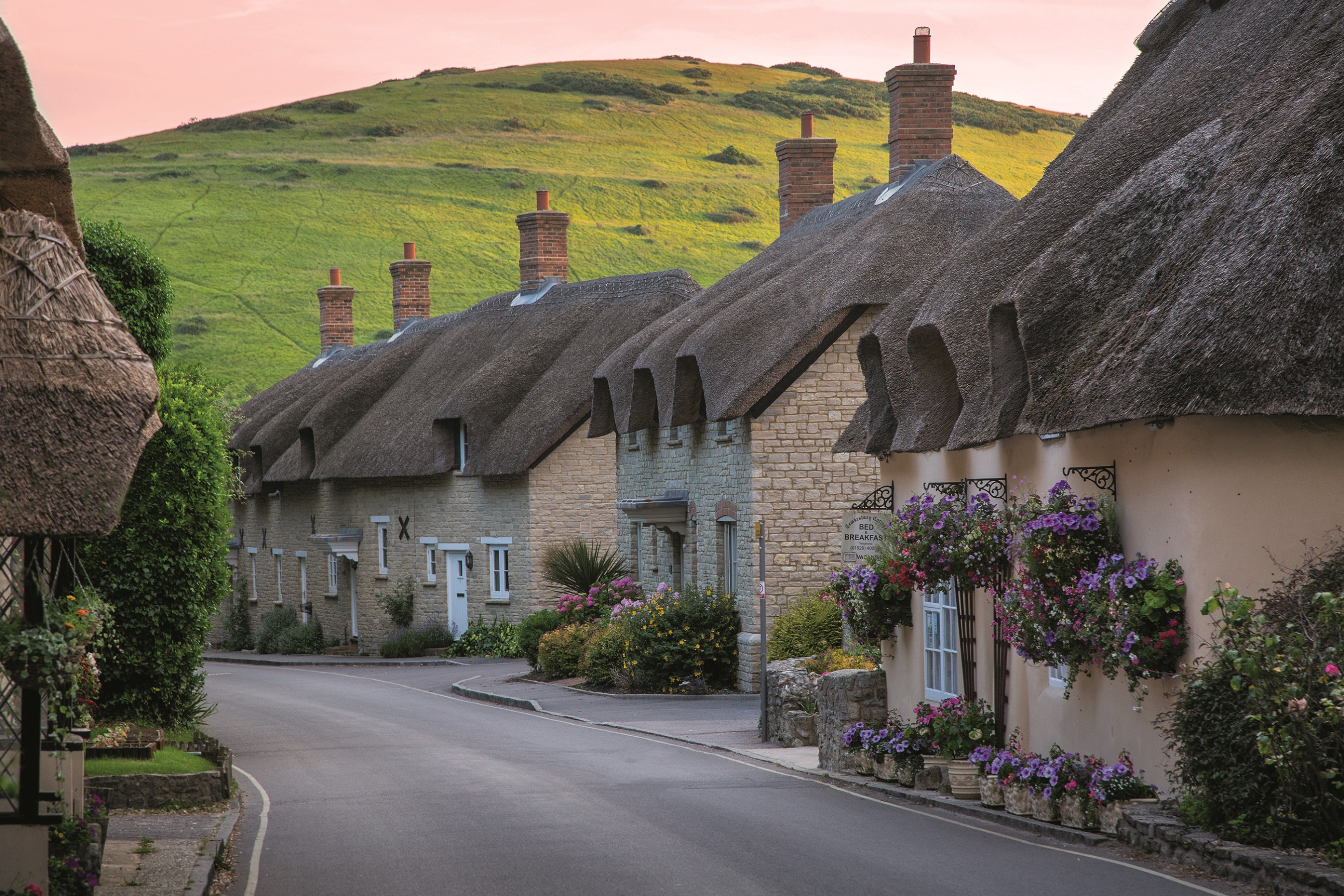
The thatched roof renaissance
An industry under threat has once again caught the attention of modern architects, with young thatchers having the chance not

The 25 stunning images shortlisted for Wildlife Photographer of the Year's People's Choice award
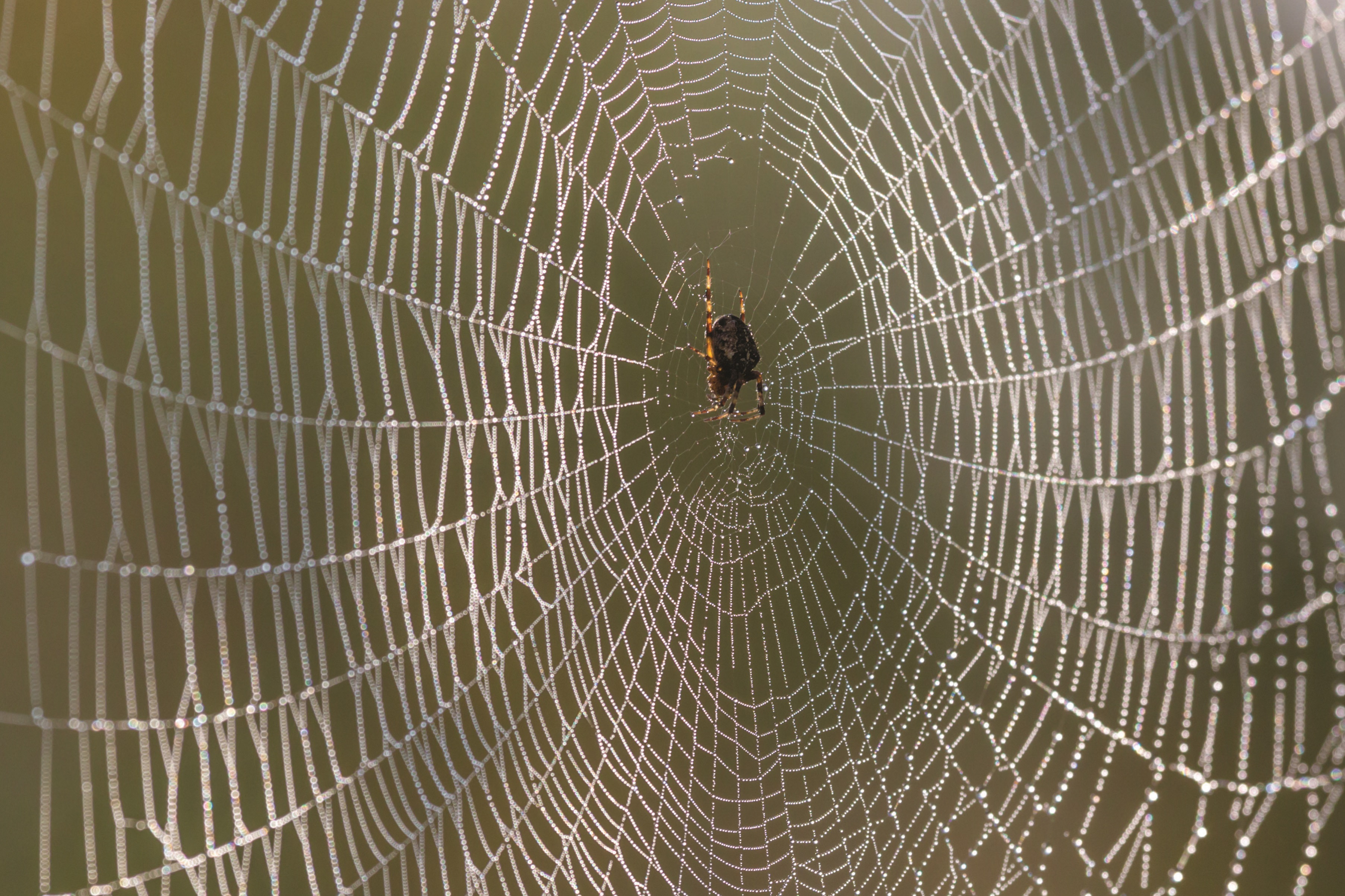
Spiders' webs: Tougher than steel or Kevlar, the miracle material of Nature's tiny assassins
Whether woven to ensnare unsuspecting victims or to cocoon precious eggs, spider silk is a wonder of Nature, each translucent
Melanie is a freelance picture editor and writer, and the former Archive Manager at Country Life magazine. She has worked for national and international publications and publishers all her life, covering news, politics, sport, features and everything in between, making her a force to be reckoned with at pub quizzes. She lives and works in rural Ryedale, North Yorkshire, where she enjoys nothing better than tootling around God’s Own County on her bicycle, and possibly, maybe, visiting one or two of the area’s numerous fine cafes and hostelries en route.
